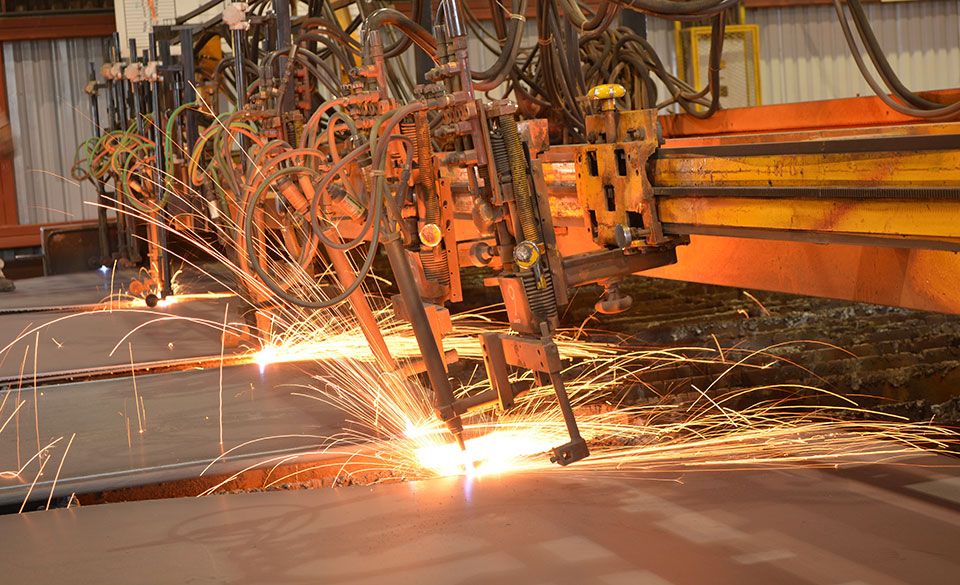President Donald Trump raised steel tariffs on Mexico, Canada and the world from 25 to 50 percent, according to a proclamation issued Tuesday.
The only exception is the United Kingdom, which will continue to be subject to a 25 percent tariff.
This tariff hike includes steel, aluminum, and derivatives of both metals.
Trump raised steel tariffs on Mexico
In 2024, the United States obtained a surplus with Mexico in its steel and aluminum trade, together with its derived articles, of 4.562 billion dollars, with exports for 15.012 billion and imports for 10.450 billion.
As a result, Mexico’s Secretary of Economy, Marcelo Ebrard, has asked the Trump Administration to exclude Mexican steel from U.S. tariffs.
Trump announced an increase in steel and aluminum tariffs to protect national security and counteract the entry of cheap surpluses that, according to him, affect the competitiveness of U.S. industries.
Although previous measures helped support prices, he argued that they were not enough to maintain productive capacity.
The new increase will come into effect on June 4, 2025. In addition, special treatment will apply to the United Kingdom under the Economic Prosperity Agreement (EPD), with a 25% tariff. As of July 9, the United States will be able to modify tariffs or establish quotas based on compliance with the agreement.
Automotive industry
Ebrard argued that Mexico is the only country with which the United States has a surplus in steel trade and that this positive balance is mainly due to bilateral integration in the automotive industry.
Between January and April 2025, 87.0% of Mexico’s automotive exports went to the United States, compared to 80.1% in the same period of 2018, according to the Bank of Mexico.
Despite efforts to diversify markets, dependence has grown. In that period, the sector’s exports went from 44,909.9 million dollars in 2018 to 58,924.7 million in 2025.

